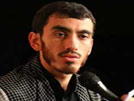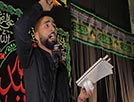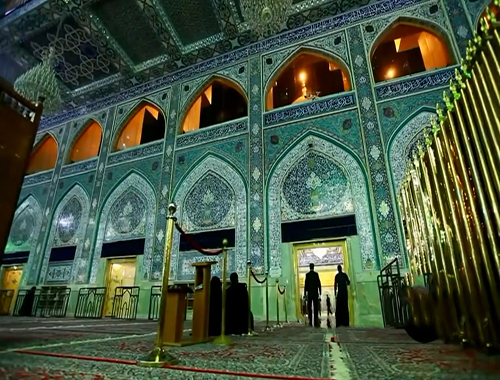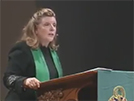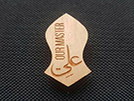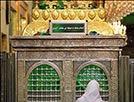
The school of Ahlulbayt (A.S) has not left us to follow our whims and fancies. We have been taught the best method of selecting a suitable spouse. The most important criterion is piety or religiousness.
A. Religiousness
The author of Youth and Spouse Selection says, “The person who does not have religion, does not have anything.” [Youth and Spouse Selection, Ali Akbar Mazaheri]
When a man came to the Prophet (P.B.U.H&H.P) to seek guidance for selecting a spouse, he (P.B.U.H&H.P) said, “It is binding upon you to have a religious spouse.” [Wasa’il ul-Shi’a, Vol. 14, p. 30]
Knowing the human weakness for beauty and wealth, the Messenger of Allah (P.B.U.H&H.P) has forewarned, “A man who marries a woman for the sake of her wealth, Allah leaves him in his own condition, and one who marries her (only) for her beauty, will find in her (things) which he dislikes (unpleasing manners) and Allah will gather up all these things for one who marries her for the sake of her faith (religiousness).” [Wasa’il ul-Shi’a, Vol. 14, p. 31]
B. Good Nature
The next important criterion is good nature.
Imam Reza (A.S) wrote in reply to a person who had asked him if it was advisable to marry his daughter to a person known for his ill nature, “If he is ill-natured (bad tempered), don’t marry your daughter to him.” [Youth and Spouse Selection, Ali Akbar Mazaheri, p. 151]
The same will apply where the bride-to-be lacks a good nature. Such a woman, though she may be beautiful and rich, would make the life of her husband miserable. She can never be patient in the difficulties that arise in married life.
C. Compatibility
The Prophet (P.B.U.H&H.P) gave no recognition to class distinction, but in marriage, he stressed upon compatibility. The marrying partners must be compatible to each other, so that there are no unnecessary misgivings later [Youth and Spouse Selection, Ali Akbar Mazaheri, p. 34]. It is better for a religious woman who is committed to laws and principles to marry a man like herself.
A man questioned the Prophet of Islam (P.B.U.H&H.P), “Whom must we marry?”
He replied, “The suitable (matches).”
“Who are the suitable matches?”
The Prophet (P.B.U.H&H.P) responded, “Some of the faithful are match for others.” [Youth and Spouse Selection, Ali Akbar Mazaheri, p. 175]
Imam Sadiq (A.S) said, “An intelligent and wise woman must not be matched except with a sage and wise man.” [Youth and Spouse Selection, Ali Akbar Mazaheri, p. 178]
D. Decent Family
The Messenger of Allah (P.B.U.H&H.P) has given great emphasis on taking into consideration a good family background when we intend to marry.
He said, “Marry in the lap of a decent family, since the semen and the genes have effect.” [Makaremul Akhlaq]
The Holy Prophet (P.B.U.H&H.P) also said, “Look very carefully and minutely as to where you are placing your child because genes and hereditary qualities are transferred in a concealed and unintentional way and have their effect.” [Youth and Spouse Selection, Ali Akbar Mazaheri, p. 154]
E. Reason
The Commander of the Faithful Ali (A.S) strongly forbade marrying a foolish and insane person. “Avoid marrying a stupid woman, since her company is a woe (distress) and her children too get wasted.” [Wasa’il ul-Shi’a, Vol. 14, p. 56]
F. Physical and Mental Health
Though religiousness and piety are most important, it does not mean that we totally disregard the physical appearance and beauty of the prospective spouse.
The Holy Prophet (P.B.U.H&H.P) says, “When one intends to marry a woman, he should ask about her hair, just as he asks about her face (beauty), since the hair is one of the two beauties (of women).” [Biharul Anwar, Vol. 103, p. 237]
Taken from: Islamic Marriage
By: Sayyid Athar Rizvi
Publisher: World Islamic Network (WIN)
 Imam Ali (A.S) - Islam Guidance
Imam Ali (A.S) - Islam Guidance